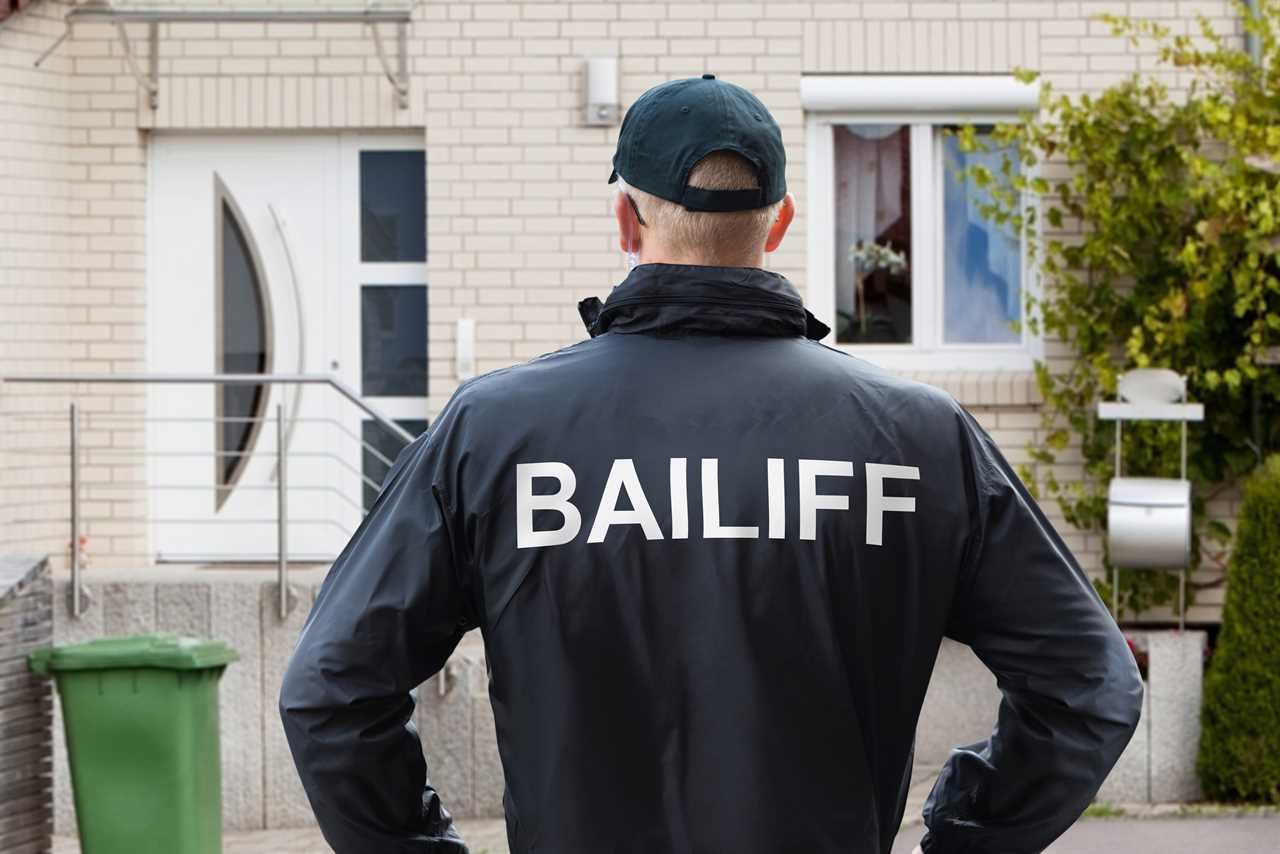THE ban on evictions in England, Wales and Scotland has been extended, after pressure from charity groups.
The ban in England was due to lift tomorrow (January 11), but has now been extended until February 21.

Landlords are not allowed to carry out evictions until at least Feb 22
The change in law means that landlords cannot serve eviction notices and bailiffs cannot carry out repossessions “for all but the most egregious cases”.
The Ministry of Housing said this means there should be no evictions until March 8 at the earliest, as at least two week’s notice is usually required.
Wales and Scotland have extended their bans until March 31, meaning renters will have an extra month of security.
The ban on bailiff evictions was first introduced in March to help renters manage through the coronavirus pandemic. Initially billed as a short-term measure, the ban was regularly extended till the end of September.
Government figures show that as a result of the ban, applications to the courts for possession by private and social landlords were down 86% between July and September 2020, compared to the same period in 2019.
The first ban was officially lifted on September 20, but then in November, the government paused eviction enforcement over the Christmas period.
It is this latest ban that has been extended until the end of February in England, and March 31 in Wales and Scotland.
Landlords that want to evict tenants are required to give at least a six-month notice period to tenants until March 31.
There are some exceptions to the new rules, but the government says this is only for the “most egregious cases”.
For instance, courts will continue to prioritise cases involving anti-social behaviour, illegal occupation and perpetrators of domestic abuse in the social sector.
Other examples where evictions can still be enforced include death of a tenant where the property is unoccupied, fraud and extreme rent arrears equivalent to 6 months’ rent.
After the new deadline, landlords will be able to start evicting tenants. But the rules remain under review, which means the dates could change again in the future.
A new mediation pilot is also being launched next month, to better support renters who face court procedures and potential evictions.
Under the scheme, mediation will be offered as part of the possession process, hopefully meaning fewer people will need to go to court.
This mediation is designed to try and help landlords and tenants to reach a mutual agreement and keep people in their homes. It will work within the existing court arrangements in England and Wales.
Rip-off leasehold rules torn up for 4.5million homeowners.
Five easy ways to save £100 a week – from ditching the takeaways to reducing your rent.
6 ways to get financial help during lockdown from furlough to sick pay – your rights explained.
Did you miss our previous article...







